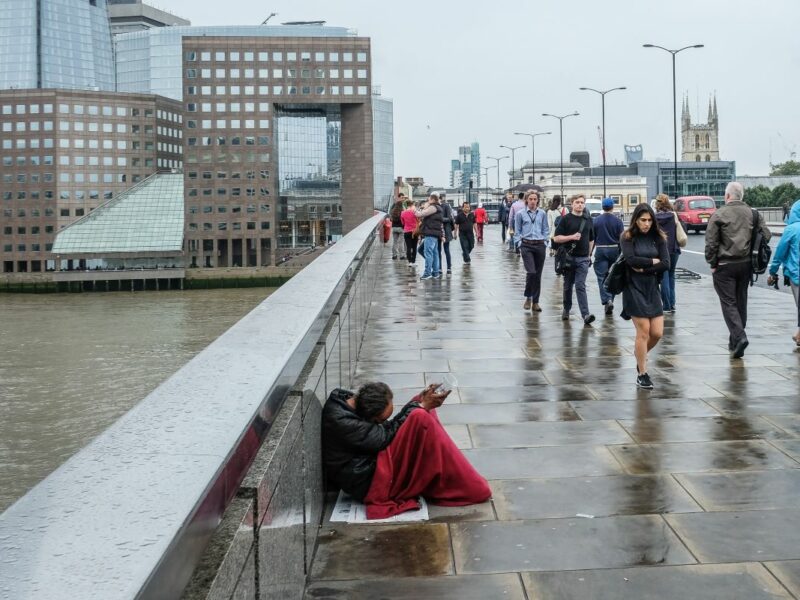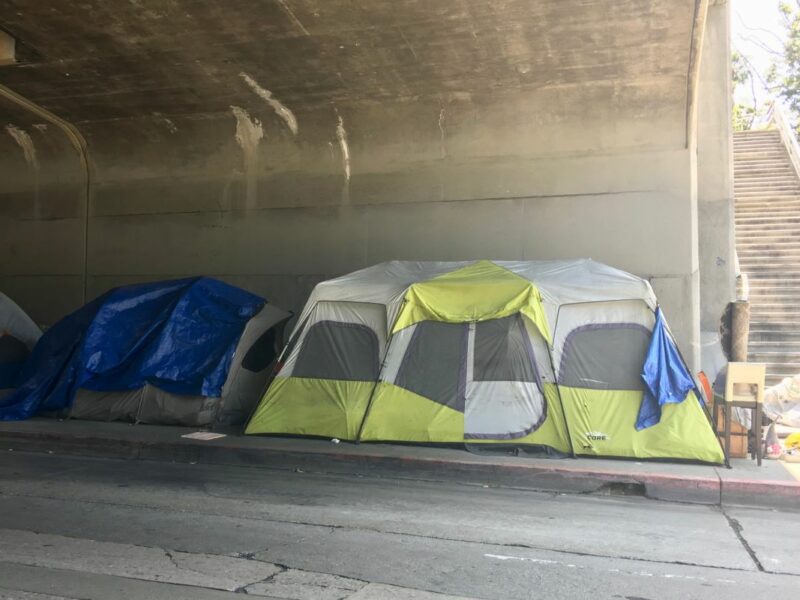According to research carried out by the Department of Education in 2015, one-third of care leavers in the UK become homeless within two years of leaving care. The study also states that 25% of homeless people have been in care at some point in their childhood.
In the UK, young people can choose to leave care at the age of 16. When they reach 18, they lose their foster care status but can remain in placement under ‘Staying Put’ arrangements. This is subject to agreement by their former foster carers and the Local Authority (A group of appointed people directed by the Government to take care of areas within the country). Local authorities still have a duty to provide support until the age of 21, or 25 if the person is in education. The support includes an assigned personal advisor from the Leaving Care team who helps with finding accommodation, education, or employment.
Young People’s Experiences
Children and young people’s experiences of care can be turbulent. They have invariably experienced some form of neglect, trauma, or abuse at home and then removed from their birth family. Once in care, some young people run away from their foster homes. They can struggle to build relationships with caregivers and others. When a young person leaves care, this early instability can continue as the individual struggles to build relationships with support services such as housing and benefits agencies.
Due to their life experiences, it’s common for young people to experience mental health issues. This places them at a higher risk of becoming homeless. Once homeless, their mental health is likely to decline, meaning that accessing services will become harder for them.
What Should Be Done?
Better preparation and support need to be offered to young people before they leave the care system. Although systems exist for social workers and leaving care teams to plan ahead, this plan is not always robust enough. Care leavers may find that support services are limited once they have left the care system. This is often due to a lack of resources.
Young people’s experiences of their early childhood and being in foster care can make it difficult for them to trust others, build healthy relationships, access support, and live independently. This can then leave the young person in a vulnerable position and more likely to end up homeless. Social workers, leaving care teams, and local authorities need to do more. These groups must ensure young people leaving foster care are fully prepared and supported so they can successfully transition into independent living.













